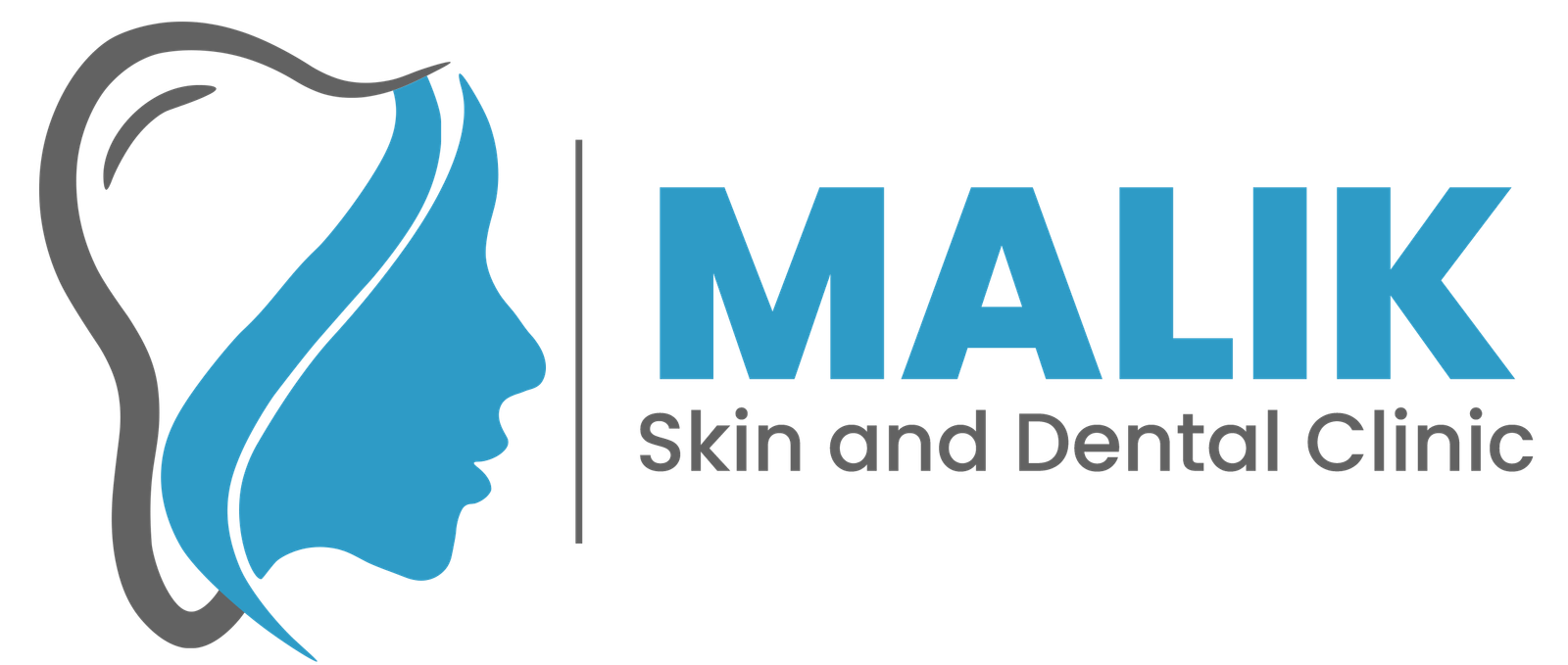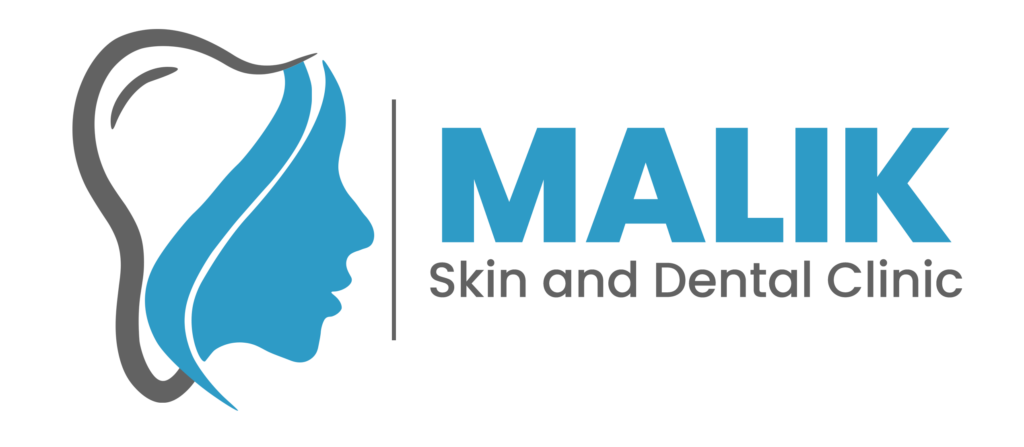Extraction
Tooth extraction, also known as dental extraction or dental removal, is the surgical removal of a tooth from its socket in the jawbone.
Causes of Tooth Extraction:
Severe Tooth Decay: Extraction may be needed for teeth extensively damaged by advanced tooth decay that cannot be restored with fillings, crowns, or root canal treatment.
Gum Disease (Periodontal Disease): Loss of bone and tissues around teeth due to advanced gum disease can lead to loose teeth that may require extraction to prevent further damage.
Tooth Trauma or Injury: Fractures or knocked-out teeth may require extraction if the tooth cannot be saved or reattached.
Orthodontic Treatment: Tooth extraction may be recommended during orthodontic treatment to allow for proper alignment of remaining teeth.
Impacted Wisdom Teeth: Extraction may be necessary for wisdom teeth causing pain, infection, or crowding due to being impacted or partially erupted.
Overcrowding: Extraction may be necessary for crowded teeth to create space for proper alignment and function.
Treatment Process:
Before the extraction, the dentist will assess the patient’s medical and dental history, conduct an examination, and may take X-rays to evaluate the tooth and surrounding structures. Local anesthesia is usually given to numb the area, but sedation or general anesthesia may be used for complex extractions or anxious patients. The tooth is gently removed using specialized instruments, and may need to be sectioned for easier extraction. Post-extraction care instructions will be provided, including managing pain, swelling, and preventing complications like dry socket. The extraction site will heal within a few days to weeks, depending on the complexity and oral health of the patient, so it’s vital to follow all instructions for proper healing and to minimize complications.
Why choose us?
Skilled dermatologists and dentists offer specialized care. Various skin and dental treatments available. Advanced technology for accurate diagnosis and treatment. Personalized treatment plans for individual needs. Located conveniently with flexible scheduling. High standards of care and patient satisfaction guaranteed. Well-known for excellent skin and dental healthcare services.
FAQ
While tooth extraction is generally safe, some risks and complications may include infection, bleeding, dry socket, nerve injury, or damage to surrounding teeth or tissues. Following post-operative instructions and attending follow-up appointments can help minimize the risk of complications.
Yes, missing teeth can be replaced with various restorative options, such as dental implants, bridges, or removable dentures. Your dentist can discuss the available treatment options and help you choose the most suitable option for your individual needs and preferences.
Tooth extraction is typically considered a last resort when other treatment options, such as fillings, crowns, root canal treatment, or periodontal therapy, are not feasible or effective. Your dentist will assess the condition of your teeth and recommend the most appropriate treatment plan based on your specific situation.

